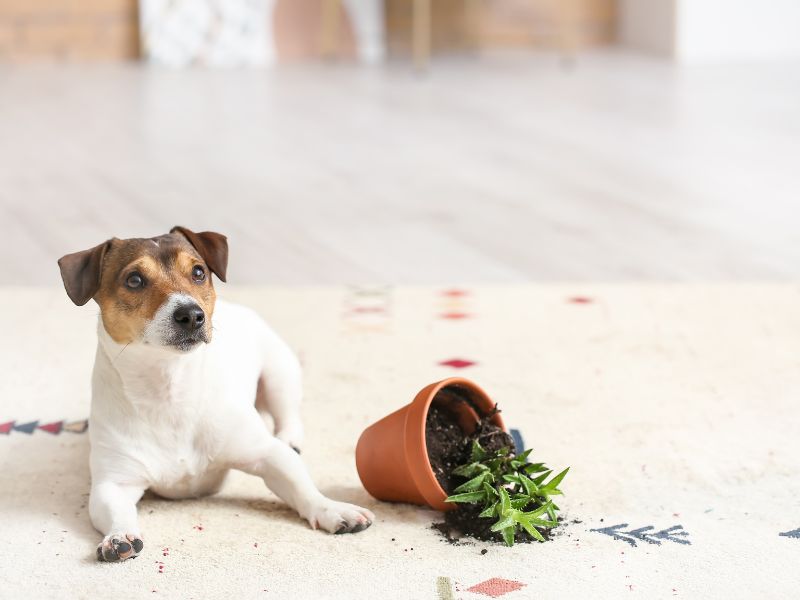7 Effective Ways to Foster Good Behaviour in Your Puppy

Welcoming a new puppy into your life is a delightful experience that also carries the responsibility of guiding and training your furry friend to become a well-behaved and well-integrated member of your family. Establishing good behaviour habits early on lays the groundwork for a harmonious and enriching companionship. In this article, we will explore seven effective ways to encourage good behaviour in your puppy.
1. Positive Reinforcement
Positive reinforcement proves to be a potent tool in puppy training. When your puppy displays commendable behaviour, promptly reward them with treats, praise, or toys. This approach helps your puppy associate positive actions with rewards. For instance, when your puppy obeys a command to sit or refrains from gnawing on furniture, offer treats and enthusiastic praise to reinforce these behaviours.
2. Consistent Routine
Dogs thrive on routines and predictability. Establishing a consistent daily routine for meals, playtime, bathroom breaks, and training sessions helps your puppy comprehend what is expected of them and when. A predictable routine minimises stress and facilitates quicker acquisition of desired behaviours.
3. Socialisation
Early socialisation plays a pivotal role in a puppy's development. Introduce your puppy to diverse environments, people, and other dogs to help them become well-adjusted and confident. Proper socialisation can mitigate behaviour issues arising from fear or anxiety in unfamiliar situations.
4. Clear Commands
Teach your puppy fundamental commands like "sit," "stay," "come," and "down." Employ clear and uniform verbal cues along with hand signals to aid their understanding of your instructions. Practice these commands in varied settings and progressively increase distractions to reinforce compliance.
5. Redirect and Distract
Puppies possess an innate curiosity and might engage in undesirable behaviours like chewing on shoes or digging. Instead of reprimanding, redirect their attention towards appropriate toys or activities. Provide an assortment of chew toys to satiate their inclination to explore and gnaw.
6. Patience and Persistence
Training a puppy demands time and patience. Anticipate setbacks and blunders during the process. Consistency and persistence remain vital. Celebrate small victories and bear in mind that your puppy learns and matures with each interaction.
7. Avoid Punishment
Steer clear of punitive measures such as shouting, striking, or utilising aversive training tools. These methods can erode the trust between you and your puppy, possibly leading to behaviours rooted in fear. Concentrate on positive reinforcement and redirection to guide your puppy towards appropriate behaviours.
Nurturing good behaviour in your puppy is a gratifying journey that necessitates dedication, affection, and empathy. Through positive reinforcement, steady routines, early socialisation, clear commands, redirection, patience, and refraining from punishment, you can cultivate a robust bond with your canine companion while aiding their development into a well-mannered adult dog. Always bear in mind that each step you take in training your puppy today contributes to the harmonious relationship you will share in the years ahead.











